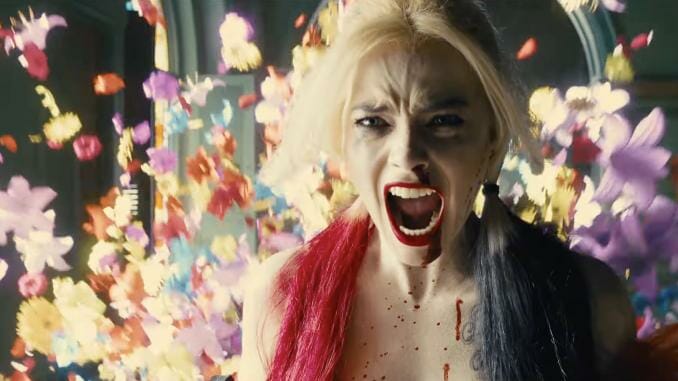Superman? Batman? Actually, It Makes Total Sense That Harley Quinn Is the Center of the DCEU

In addition to being the title of a cultishly beloved mass-audience disappointment, Batman v Superman could double as a summary of the long-term DC Comics movie strategy. Original Superman series petering out after a low-budget part four? Get Batman up and running. Batman series petering out after a mega-budget part four? Try to get Superman going again. Man of Steel underperformed? Try adding Batman next time, and then maybe skip straight to the Justice League. But after Zack Snyder’s take on a murderous Batman and a murdered Superman, a new DC standard-bearer was needed. Gal Gadot’s Wonder Woman seemed like a logical successor until her second movie was widely regarded as a disappointment and the third, while announced, has no particular production or release date. As great as Gadot is in the part, this ever-expanding, often-floundering, never-ending incarnation of the DC Comics universe on movie screens could probably use a more chaotic figure as its representative. With characteristic showmanship, that figure has revealed herself: Harley Quinn, as played by Margot Robbie in 2016’s Suicide Squad, last year’s Birds of Prey and the brand-new non-sequel The Suicide Squad.
Though modern franchising dictates that any given movie should be able to serve as a font of instantly beloved and spinoffable characters, the first Suicide Squad film still seems like an odd incubator in retrospect. It was critically reviled, and if general audiences didn’t seem to hate it quite so much (it made plenty of money, and not just on opening weekend), its director wasn’t pleased and it became well-known as a movie recut by whoever did the attention-grabbing trailers. At the same time, there are reasons the movie did well enough to inspire a sorta-sequel: The star power of Will Smith playing a semi-bad guy; the killer concept of supervillains teamed up and forced to do black-ops missions; and the live-action debut of Harley Quinn, who had long since made the jump from her origins as a Joker sidekick/love interest on Batman: The Animated Series to beloved comics (and videogames, and cosplay, and merchandising) mainstay.
Robbie’s three cracks at Harley don’t consciously shift as much as the lived-many-lives persona of Scarlett Johansson’s Black Widow, who is by turns sardonic, seductive, mournful and sneaky, depending on the movie (that’s not a knock; it makes her way more interesting than Thor). Harley is consistent in as much as Robbie is delightful in all three movies, successfully translating a literal cartoon character into a flesh-and-blood person, however outsized her actions and accent. But it’s not just her hairstyle and tone of squawk that change from movie to movie. In the original Suicide Squad, she’s saddled with a lot of dudes-writing-Harley hang-ups: Revealing costumes, sexy gangster’s moll dynamics, a devotion to “Mr. J” AKA the Joker. This almost makes Robbie’s irrepressible energy more impressive; she seems extra indefatigable having to wade through the movie’s muck just to act in big scenes opposite Jared Leto. (Though it’s hard to believe the director’s cut is as good as Ayer says, the extended version on Blu-ray does have some nice additional characters moments for Harley, briefly bonding with Killer Croc and other weirdos.)
Cathy Yan’s Birds of Prey recasts Harley as a free agent, reeling from a final Joker break-up, spending her last dollar on an egg sandwich, and ready to turn all of her fight scenes into glitter-bomb music videos in an act of “emancipation,” as the amusingly unwieldy subtitle puts it. In the new The Suicide Squad, James Gunn writes her as a bit more knowingly daft, befitting the comic style of his Guardians of the Galaxy movies, and upping the carnage factor. She oversees the paradox of how a movie less grim in tone can have a way higher body count; Harley personally kills more people than ever before.
-

-

-

-

-

-

-

-

-

-

-

-

-

-

-

-

-

-

-

-

-

-

-

-

-

-

-

-

-

-

-

-

-

-

-

-

-

-

-

-








































